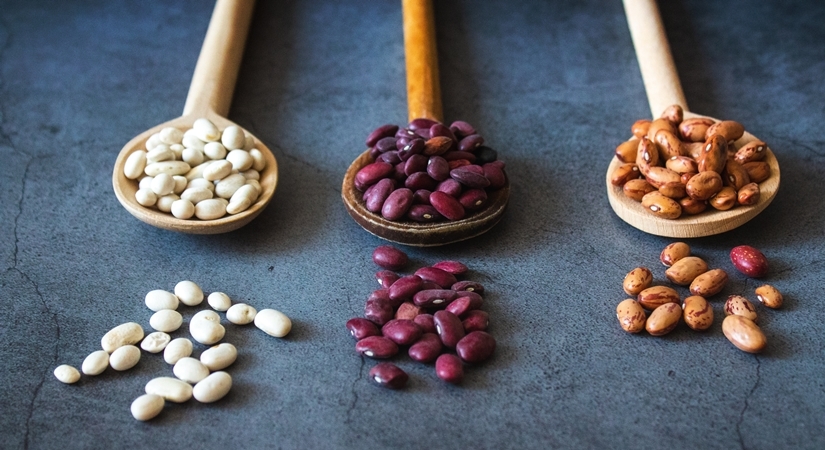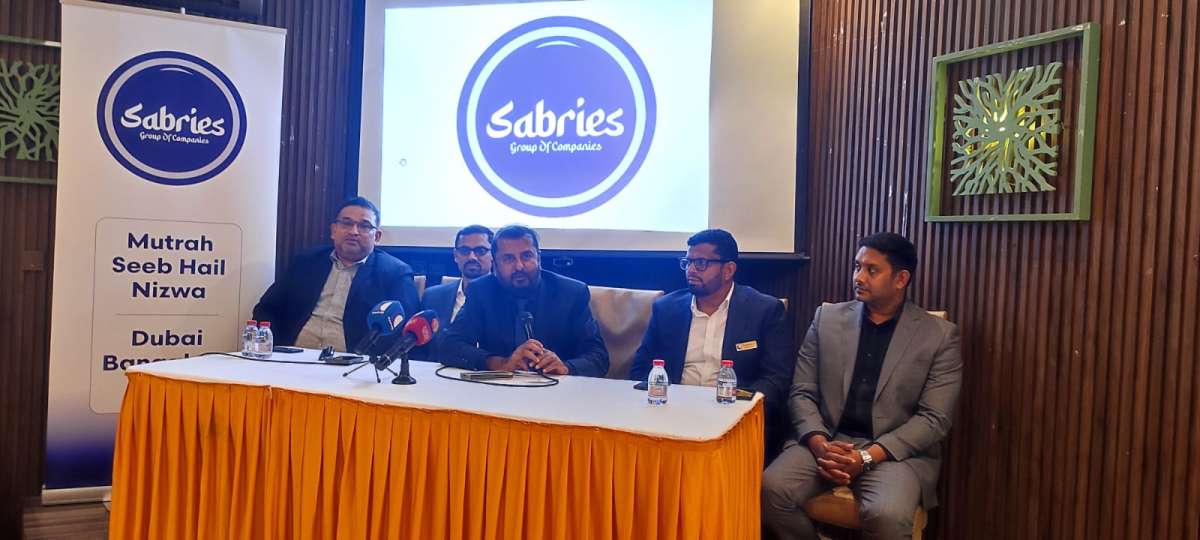
Notable community voices including celebrity chefs Atul Kochhar and Anjum Anand and media medic Dr Ranj Singh have joined forces to get behind the inaugural campaign from the NHS to urge South Asians to prevent or delay the development of Type 2 diabetes.

The call out, which is also supported by the South Asian medical community and faith organisations, including the South Asian Health Foundation, the British Association of Physicians of Indian Origin (BAPIO), British Sikh Nurses, British Islamic Medical Association and the Hindu Council UK comes as we are reminded that South Asians are up to six times more likely to develop diabetes than white people and that if not diagnosed, it can lead to blindness, kidney failure, loss of a limb and it also increases the risk of heart attack or stroke.

The campaign is asking people from the South Asian community to know their risk of developing Type 2 diabetes through using the ‘Know Your Risk’ tool hosted by Diabetes UK. Anyone at moderate or high risk of developing the condition may be eligible to join their local Healthier You NHS Diabetes Prevention Programme, a joint initiative from NHS England and NHS Improvement, Public Health England and Diabetes UK. The programme supports people to make positive changes to their diet, weight and the amount of physical activity they do – to significantly reduce the risk of developing this disease.

TV Doctor Dr Ranj Singh said: “Although the risk of developing this condition is higher in people from a South Asian background, it’s not a given and can be prevented. Just making some simple changes could significantly reduce the chances. That starts with finding out more about your risk and the changes you can make.”

Professor Vinod Patel, Clinical Director Diabetes NHS England & NHS Improvement West Midlands and Trustee at the South Asian Health Foundation (SAHF) says: “There are several risk factors for Type 2 diabetes, some of which, such as your age or your family history that can’t be changed, however, it’s really important for the community to take heed that there are other risk factors such as your weight which are very much in your control – indeed, the risk of Type 2 diabetes can be reduced by getting support to lose weight, getting more physically active and eating healthy food. I urge everyone from the community to take a pragmatic and practical approach to this very serious health condition to reduce your risk.”

Food writer and TV chef of Indian Cuisine Anjum Anand said: “Type 2 diabetes is a serious issue within the South Asian community and that’s why I’m supporting this campaign from NHS England. A healthy and balanced diet is key to helping to reduce your risk but people often have the misconception that healthy means bland, which is so far from true. Whether it’s reducing the amount of ghee or butter, incorporating the rainbow of vegetables or choosing grainy breads such as chapatis, there are so many options within the South Asian diet open to us.”
Dr Bhasha Mukherjee, Celebrity Supporter of Diabetes UK, said: “As a clinician, I know only too well the devastating impact type 2 diabetes can have on South Asian communities. It’s time to talk about it, and it’s time to act. People from South Asian backgrounds are at an increased risk of developing type 2 diabetes, but so many people don’t know it. Too many only find out when it is too late, and the condition can no longer be prevented or delayed – and every time it breaks my heart.”

“We must put a stop to this, but we can only do so by raising awareness. So please, make visiting the Diabetes UK’s Know Your Risk tool to find out your risk, your top priority. I promise you it will only take a few minutes and is completely free – all you will need is access to internet and a tape measure. Knowledge is power – if we all knew our risk, we can help each other in the fight against diabetes.”
The NHS Diabetes Prevention Programme has continued through the pandemic via video calls and is also available digitally using websites and apps.
To find out your risk of developing Type 2 diabetes, visit: www.diabetes.org.uk/knowyourrisk.
Also Read-Tracking Contamination In Hospital Rooms







